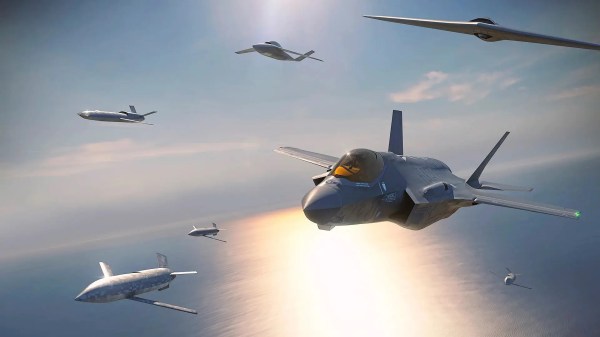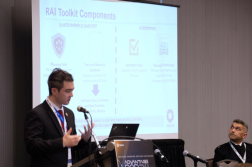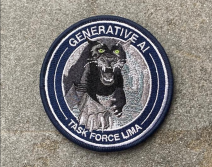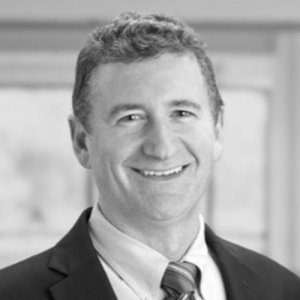Chief strategy officer spotlights CDAO’s near-term aims during period of transition
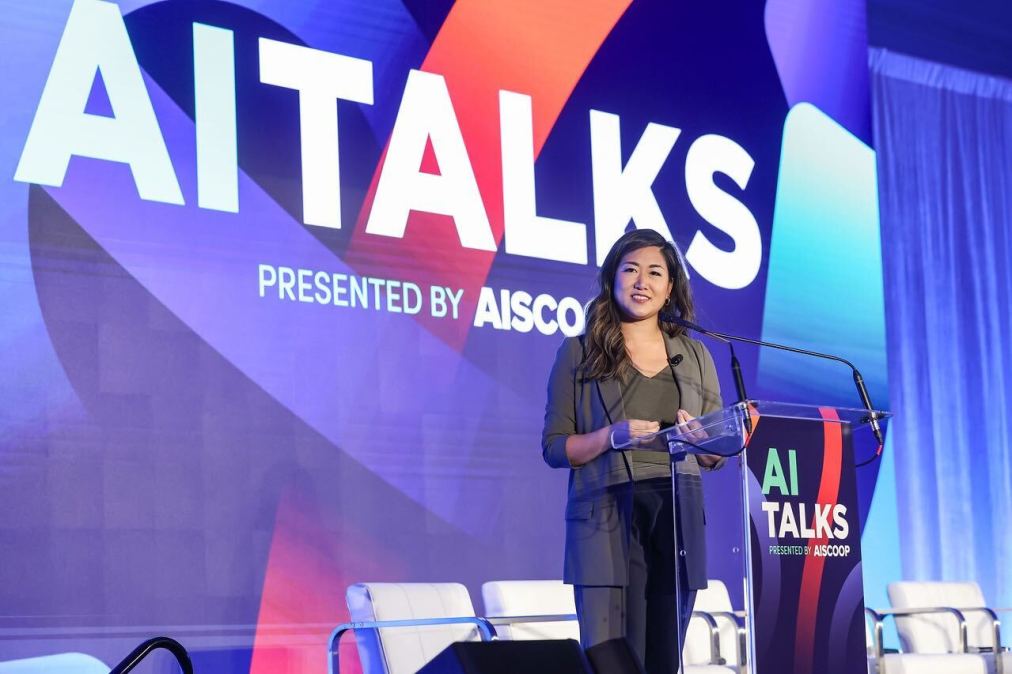
With a new leader in charge and fresh congressional funding, the Pentagon’s Chief Digital and Artificial Intelligence Office is entering full-on “messaging and delivery mode,” according to one of its top strategists.
After delivering a keynote on Thursday at AITalks presented by AIScoop, Jinyoung Englund, the CDAO’s chief strategy officer for algorithmic warfare, briefed DefenseScoop about some of her team’s near-term priorities.
In particular, officials are looking to quickly execute on recently approved fiscal 2024 funding, and more intentionally communicate the CDAO’s unique and maturing role in the Defense Department.
“You’ve got to remember — we’re still pretty new for the government. We’re only approaching two years [since reaching full operational capacity]. So when you form a new organization, you have to establish an identity. Building that identity takes time and more so when you’re a merger and acquisition, even in the private sector. And just because you say who you are once doesn’t mean everyone caught the message, right? There’s multiple audiences and multiple stakeholders,” Englund told DefenseScoop.
Four predecessor organizations — the Joint Artificial Intelligence Center (JAIC), Defense Digital Service (DDS), Office of the Chief Data Officer, and the Advana program — were restructured and merged in 2022 to form the CDAO. Englund, who previously served in several leadership roles at DDS, has been with the amalgamated office since its inception.
Deputy Defense Secretary Kathleen Hicks oversees the CDAO and initially steered its launch to centralize oversight and expedite the realization of the department’s then-scattered data and AI initiatives. She hired former Lyft machine learning executive Craig Martell as the nascent hub’s first permanent chief.
There have been some hurdles, but Martell and the team made notable progress in the CDAO’s first two years of existence, including by producing the Pentagon’s latest AI and data adoption guidance and the military’s first minimum viable capability for Combined Joint All-Domain Command and Control (CJADC2).
Now, the office is moving into a new chapter.
In March, DefenseScoop reported that Martell was resigning from his post and that Radha Plumb was selected to serve as his successor. Prior to joining the CDAO, Plumb previously served as the deputy undersecretary of defense for acquisition and sustainment and, before that, as Hicks’ chief of staff.
“When we first started this organization, we needed a visionary. And we needed someone who could tell the department what right looks like. And that’s why we had [Martell] — we needed someone who has actually done this at scale,” Englund told DefenseScoop.
“The benefit of it being [Martell] is that when you’re in the bureaucracy for too long, you don’t know it, but you start to limit yourself because you’re like, ‘Oh, but we can’t do that.’ You lose that imagination piece, you lose the ‘if there were no barriers then what is possible’ outlook — and that’s what [Martell] had. That was his value proposition to DOD. But anytime a new company is stood up, at some point you now need to transition to an institutional leader, someone who knows the bureaucracy, in our case, and can navigate it to now fully resource this division,” she said.
During her on-stage presentation at AITalks, Englund noted that under Plumb’s new leadership, the CDAO “is now in a position to secure” what it needs to help the department accelerate its acquisition, coordination and adoption of artificial intelligence.
“So this is my message: Let us help you. Help us help you reduce the [time and toil] it requires for the DOD to operationalize AI — and by that, I mean, whether you’re military, civilian, contractor, industry performers … or international partners,” Englund told the audience.
Much of her keynote focused on articulating and clarifying what the CDAO’s set responsibilities and functions are within and for the department. That same emphasis, vocalizing the office’s duties, has also been shared in recent public presentations by others from the office over the past few months.
“As an organization, we’re really focused on user feedback. And some of the user feedback has been, ‘We’re confused.’ Not entirely our fault, because some people don’t listen, or some people are not paying attention — and that’s totally normal human behavior. So I think that’s why you’re seeing a lot of that, like just helping to distinguish what is it that we’re doing versus what is that you need to bring to the table,” Englund told DefenseScoop about the overarching intent.
In terms of her team within the CDAO algorithmic warfare directorate’s near-term priorities, the chief strategist pointed to plans to quickly execute on investments enabled by the recently passed and long-delayed defense appropriations bill for fiscal 2024.
“Now that we have the budget, we have to spend the money. We have, what, like a little less than two quarters [remaining in the fiscal year] to now spend all the money that we asked for? And so that’s what the teams are doing. For so long, since last fall [near the beginning of fiscal 2024], every team member has been kind of on edge. And it takes time and attention away when you’re constantly preparing for shutdowns. Now that that’s lifted, now our teams can focus on delivering,” Englund said.
She also confirmed that Plumb is conducting her own, broader assessment to figure out and ensure the commitments made by the CDAO so far are the right ones to pursue moving forward.
